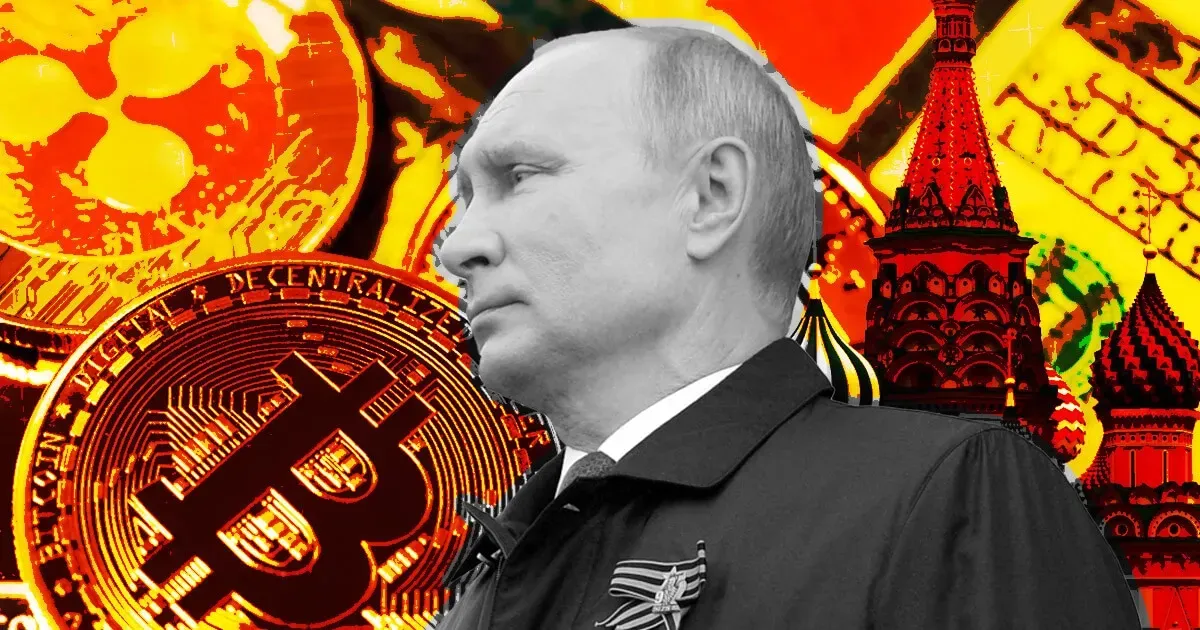Putin signs a ban on cryptocurrency payments in Russia

Digital assets will soon no longer be permitted as a method of payment in Russia.
Vladimir Putin has signed into law a bill forbidding the use of digital assets, such as cryptocurrencies and non-fiat currencies, to pay for goods and services.
In addition, as noted by Protocol, the new rule mandates crypto exchanges and providers to reject transactions that could be construed as a form of payment.
The new law adds that, according to a New York Times investigation from earlier this year, US authorities suspect that some Russian enterprises subject to sanctions placed on their country following its invasion of Ukraine may be using cryptocurrencies to avoid these restrictions.
Several days after the invasion began in February, the value of Bitcoin even increased.
However, Russian authorities are not particularly fond of digital assets: The Russian Central Bank has advocated for a complete ban on cryptocurrencies.
Russia's Finance Ministry was opposed to the concept and considered it was vital to enable crypto technology to evolve, so it is unlikely that this occurred. In ten days, the law will go into force and make crypto payments illegal in the country.
Nevertheless, according to Decrypt, Russians can continue to invest in cryptocurrencies such as Bitcoin and, presumably, mine them as well.